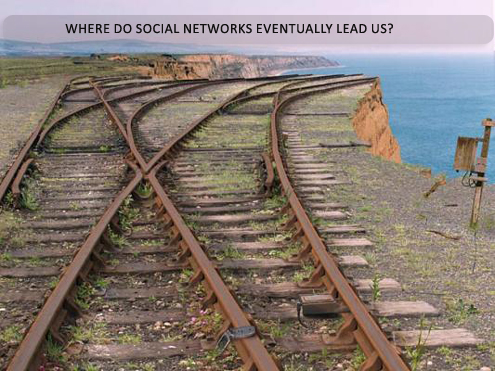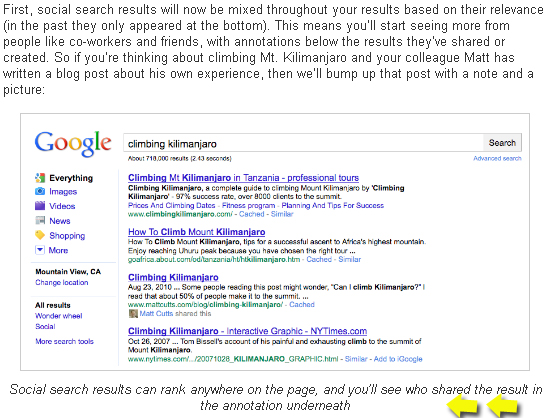
It’s safe to say that just because I waited until January 8th, it doesn’t mean that I can’t roll out what I think will happen in the next 12 months. In other words, not posting prediction pieces in December does not diminish their likelihood of occurring. In the immortal words of former NFL coach, Dennis Green, predictions are what we thought they were.
With that said, I wanted to go with things that can truly occur in 2013. Thus they aren’t predictions they’re the opposite, they’re Unpredictions! I’ll explain why with each one .
- The GIF goes Hyper. Some say that the GIF has grown up. Well once they grow up, then they’re on their own right? The only limitation? One’s own creativity. Which may mean the GIF becomes so 5 minutes ago in about 3 months. 🙂
- Image is everything-meaning image sharing sites continue to explode, mystify and push the envelope. Snapchat, Poke and Instagam are the first iteration, which is scary.
- This tape will self-destruct in 10 seconds. See the Poke link above. But know this, Data deletion will become de rigeur i.e. standard. Want to combat the Nano bytes of data that seem to replicate exponentially? Eliminate it almost as soon as it’s created, especially if it’s useless. Look for that to be a growing option in 2013. want to know who really takes advantage of this? marketers. Marketers will jump on this and snap a gamification piece onto data deletion. In other words, Act now. No we mean it, Now!
- Speaking of hard drives. They become useless too in 2013. Can we just get a better name than The Cloud?
- Content isn’t King. The creator of the content is King! The act of publishing of content is no longer the issue. The platforms, they’re simple. But the person or marketing teams who “get” the user and write for the user, they are the new kings.
- Simple is the Queen to the Content Creator but dumbing it down will continue to dominate design. Why do you think Video has exploded? Because no one wants to read! Duh!
- The Google, Facebook, Amazon and Apple games/wars continue in earnest in 2013. This is about the easiest prediction in the bunch. But predicting who comes out on top for the year 2013-We put our money on Amazon. Surprised?
- 2013 decides whether Google Plus becomes relevant since users seem to be incapable of figuring that out.
- In 2013 everyone realizes that they must measure their digital and social efforts but that still doesn’t solve the problem. Prepare for the birth of the Social Data Analyst Marketer.
- Contrary to what this article says, the death watch of the desktop officially begins.
Can anything that any of us predict, really happen in 12 months? Not really. In order for it to happen, it really has to be in the works prior to 2013, right? So that means, maybe they aren’t so much predictions as they are things that should happen because everything that we have seen heard and experienced in the past 12 months, indicate that they should happen.
Let the games begin.


![What Industries Contributed to Google's Billion in Revenues? [INFOGRAPHIC]](https://i0.wp.com/www.wordstream.com/images/google-earnings.png)





